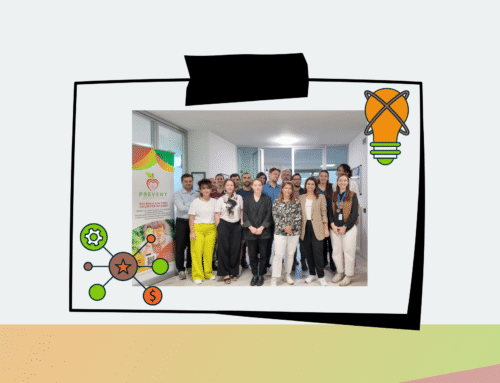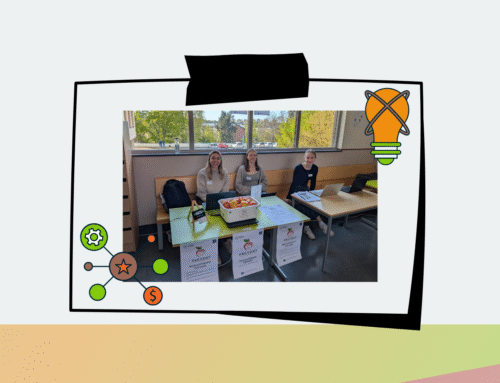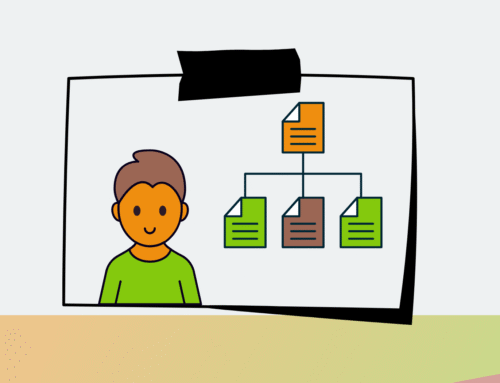Childhood obesity is a growing public health challenge, with long-term impacts on health and well-being. The PREVENT project, funded by Horizon Europe, is taking an innovative approach to addressing this issue through Living Labs—real-world environments where interventions can be tested and refined with active participation from schools, policymakers, healthcare professionals, and communities.
The Living Labs serve as interactive spaces where children, parents, and educators co-develop and test strategies to improve nutrition, physical activity, and food literacy. By implementing these interventions in real-life settings across Sweden, Catalonia, and Greece, PREVENT is ensuring that research findings translate into meaningful change.
What are the PREVENT Living Labs?
The PREVENT Living Labs are designed to test, refine, and implement health interventions in a way that is both participatory and scalable. The goal is to create solutions that are effective in school and community settings while being adaptable to different cultural and policy landscapes.
Each Living Lab is tailored to the needs of its local context, focusing on promoting healthier food environments in schools, using digital tools for dietary monitoring and engagement, engaging communities in co-creation processes, and integrating scientific research with policy-making.
How the Living Labs work: Real-world implementation
In Sweden, the Living Labs focus on school nutrition policies, including distributing fruit and vegetables in schools, evaluating free school meals versus voucher-based systems, and assessing how food marketing influences children’s eating habits. Technology plays a key role in monitoring and evaluating these interventions.
In Catalonia, the approach is community-driven, emphasizing the monitoring and improvement of school lunch menus, incorporating active breaks to reduce sedentary time, and engaging parents, teachers, and healthcare professionals in promoting healthy eating and physical activity.
In Greece, the Living Labs focus on changing eating habits through education, particularly improving breakfast consumption among adolescents, enhancing food literacy programs, and integrating technology into food behavior tracking to assess and refine dietary interventions.
What has been achieved so far?
The first phase of the Living Labs has already led to:
- The design and setup of pilot interventions in Sweden, Catalonia, and Greece.
- Stakeholder engagement with policymakers, schools, and families to align interventions with local needs.
- The development of digital tools for monitoring and assessing dietary habits.
- The first ethical approvals and research frameworks established to ensure scientific rigor and policy relevance.
With these foundations in place, PREVENT is now moving towards full-scale implementation and further refinement of these interventions through real-world testing.
What is next for the PREVENT Living Labs?
As the project progresses, the Living Labs will expand testing and data collection, strengthen policy recommendations, engage more stakeholders, and promote knowledge-sharing across Europe through open-access resources and collaborations. The next phase of research will also focus on refining digital engagement tools, leveraging AI-driven insights, and strengthening cross-sector collaboration to maximize impact.
Join the conversation!
The PREVENT Living Labs are more than just research—they are a movement towards a healthier future for children across Europe. If you’re interested in learning more, collaborating, or implementing similar initiatives, stay updated through our website and follow our latest developments on LinkedIn, X (Twitter), and YouTube.
Together, we can create healthier school environments, better policies, and lasting change for the next generation.




